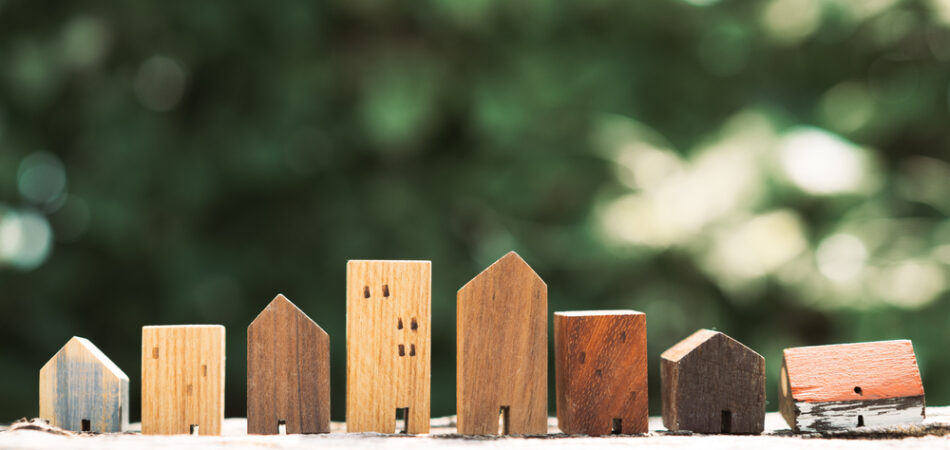
As the world becomes increasingly aware of environmental issues, sustainable practices in various sectors are gaining momentum. One area where this shift is particularly significant is construction. Traditional construction methods often rely on materials that are not eco-friendly, contributing to deforestation, pollution, and other environmental challenges. In contrast, sustainable wood is emerging as a key player in modern construction, offering a greener alternative that aligns with today’s eco-conscious values.
What is Sustainable Wood?
Sustainable wood refers to timber that is harvested and processed in a way that minimizes environmental impact. This involves using methods that ensure the long-term health of forests, reduce carbon footprints, and promote biodiversity. Unlike conventional logging practices that can lead to deforestation and habitat loss, sustainable forestry practices focus on maintaining forest ecosystems and ensuring that wood is sourced responsibly.
The Benefits of Using Sustainable Wood in Construction
Environmental Impact
One of the primary benefits of using sustainable wood is its positive impact on the environment. Sustainable forestry practices help preserve forests and reduce the carbon footprint associated with construction materials. By choosing eco-friendly lumber, Seattle-based builders can contribute to reducing greenhouse gas emissions and conserving natural habitats. This aligns with the growing demand for green building practices and supports the overall goal of mitigating climate change.
Durability and Quality
Sustainable wood is not only environmentally friendly but also high-quality. Many types of eco-friendly lumber are chosen for their durability and strength, making them suitable for various construction applications. The rigorous standards for sustainable wood often mean that it is sourced from well-managed forests and undergoes strict quality controls. This ensures that the final product is both reliable and long-lasting.
Economic Benefits
The economic advantages of using sustainable wood are also significant. While the initial cost of eco-friendly lumber may be higher than traditional options, the long-term savings can be substantial. Sustainable wood often has a longer lifespan and requires less maintenance, reducing the need for frequent repairs or replacements. Additionally, investing in sustainable materials can enhance a building’s value and appeal, especially in markets where green building certifications are highly valued.
Sustainable Wood in Seattle’s Construction Industry
Local Sourcing and Community Support
In Seattle, a city known for its commitment to sustainability, the use of sustainable wood is particularly relevant. The region’s emphasis on eco-friendly building practices has led to a growing demand for sustainable building materials. Local sourcing of sustainable wood supports the community by reducing transportation-related emissions and supporting regional economies. Builders and developers in Seattle can benefit from accessing high-quality, locally sourced eco-friendly lumber that meets their sustainability goals.
Innovations and Standards
Seattle’s construction industry is at the forefront of incorporating innovative practices and materials. Sustainable wood options are continuously evolving, with new technologies and standards emerging to further enhance their environmental benefits. For instance, advancements in wood processing and treatment techniques have made it possible to produce even more durable and eco-friendly lumber. By staying informed about these innovations, builders in Seattle can make informed decisions that align with their sustainability objectives.
How to Choose Sustainable Wood for Your Construction Project
Certification and Labels
When selecting sustainable wood, it’s important to look for certifications and labels that indicate responsible sourcing. Key certifications to consider include the Forest Stewardship Council (FSC) and the Sustainable Forestry Initiative (SFI). These labels ensure that the wood has been harvested in accordance with stringent environmental and social standards. By choosing certified sustainable wood, you can have confidence that your construction project is supporting responsible forestry practices.
Assessing Environmental Impact
Consider the overall environmental impact of the wood you choose. Factors such as the distance the wood has traveled, the energy used in processing, and the ecological impact of harvesting should all be taken into account. Opting for locally sourced wood can reduce transportation emissions and support regional sustainability efforts. Additionally, look for wood that has been processed using energy-efficient methods to further minimize its environmental footprint.
Cost and Performance
Evaluate the cost and performance of sustainable wood options to ensure they meet your project’s requirements. While eco-friendly lumber may come with a higher price tag initially, its durability and long-term benefits can offset these costs. Consider factors such as lifespan, maintenance needs, and overall performance to make an informed decision. Comparing different types of sustainable wood and understanding their characteristics can help you find the best fit for your construction project.
Conclusion
The role of sustainable wood in modern construction is becoming increasingly important as the industry moves toward greener practices. By opting for eco-friendly lumber, Seattle builders can contribute to environmental conservation, enhance the durability of their projects, and support local economies. Sustainable wood offers numerous benefits, from reduced environmental impact to long-term economic savings, making it a smart choice for both residential and commercial construction.
Need a Hardware Store in Seattle, WA?
Since 1926, Stewart Lumber & Hardware Co. located in Seattle, WA has been offering a superior selection of top quality products to contractors, remodelers, and homeowners. We stock a large variety of building products including lumber, plywood sheetrock, insulation, composite decking, hardware, concrete mix, siding, paint and supplies, tools, and so much MORE! If you don’t find what you’re looking for then let us know and we can place custom orders. Contact us today to learn more about what we can do for you!